Every parent of a child in Kindergarten (Reception) and Grade 1 or 2 is trying to teach their child how to read, spell and write — a tall task indeed. Usually, this role of tutoring and teaching falls to trained educators but now it is thrust into the hands of parents. Even in the best of times, it is difficult for parents to know how to help their children learn to read, with most parents only confronting this task if a problem arises or the child expresses a distaste for reading.
Learning how to read is the hardest thing a child will ever learn
Within the first three years of life, children grow from being unable to utter a single identifiable word to telling stories with long, complete sentences. It would be easy to assume that reading would be as easy to learn, however, the difference between learning to speak and learning to read lies in the makeup of our brains. Young brains are, quite literally, wired to learn the language of their home. There is no part of the brain that is special for reading and writing. Just like playing the piano or programming software, reading and writing must be taught. The science behind learning to read is clear, children must have advanced language skills, understand the relationship between the sounds of a language and the letters that represent the sounds and they must actually read a lot of text. As a parent, there is much you can do to help children become great readers.
The difference between learning to speak and learning to read lies in the makeup of our brains.
Photo by Pierre Tostee / MRP Foundation
How to support your child in their literacy development
Research supports a few essential methods to assist children in their journey to becoming literate.
Talk to your children all the time: ask them questions; tell them about your day; describe your surroundings; play word games; do anything to keep a constant flow of words streaming around your home. Here are some ideas for keeping the conversation going with your child. When you talk to your child you are helping them gain more advanced language skills.
From infancy, regularly read to your child as even the most kid-friendly stories include words and sentence types that are new and challenging. High academic achievement is deeply connected to advanced language skills, with reading books being one of the best ways to increase vocabulary and language skills. It can be particularly enriching to read the same story many times (parents of small children won’t have a choice in this matter) and school-aged children will even benefit from listening to stories that are too difficult to be read by themselves. Children should learn that reading is fun, interesting and a worthy part of their day.
Let technology become your teaching aid when it comes to teaching letter sounds, spelling and reading words; there is excellent evidence to support technology use for learning the specifics of how to read. Allow your child to play on an educational app for 20 minutes a day (vary depending on interest) or if they prefer, allow them to read a book. Aside from being read to, the best thing a child can do to learn outside of instruction is to actually read.
Curious learning can help children learn to read
We believe that the joy of reading should be available to all and have developed a range of FREE educational apps, available in over 40 languages, to help children learn to read. The apps were collaboratively developed by a global network of educators, designers, game developers, neuroscientists, and media partners and are designed to encourage self-learning by building on children’s innate curiosity. During this confusing time where parents have to assume the role of educators, we hope our literacy apps will both assist parents and children as they spark a love of learning to read.
See our apps here: https://www.curiouslearning.org/apps
Written by Stephanie Gottwald, Director of Content, Specialist and Researcher in Edtech and literacy. Her role at Curious Learning is to lead the effort of finding and building the best apps for learning to read in a variety of languages and cultural settings.
Photos by Pierre Tostee / MRP Foundation


